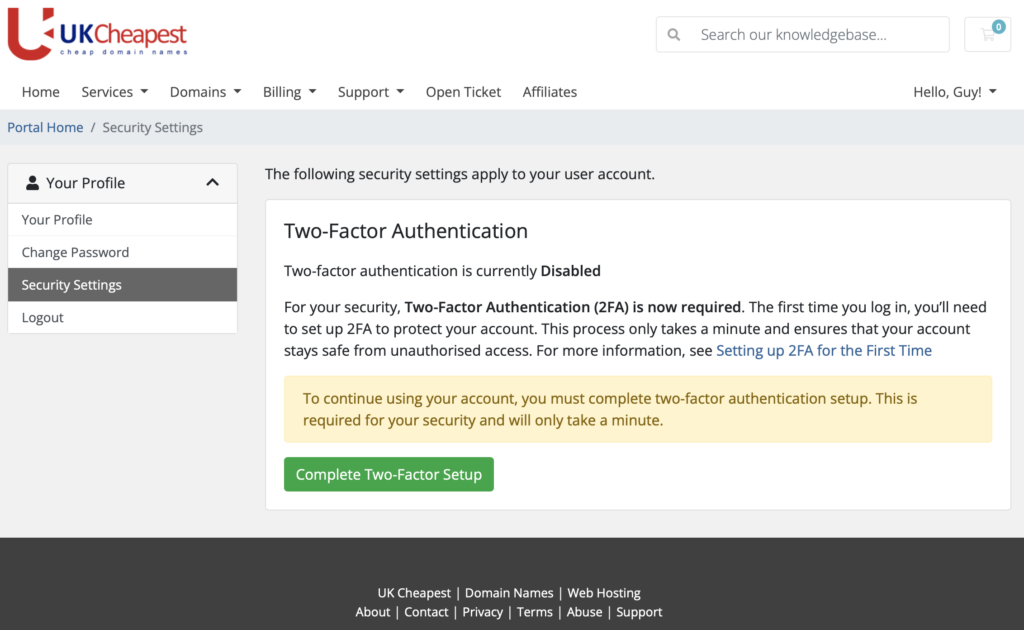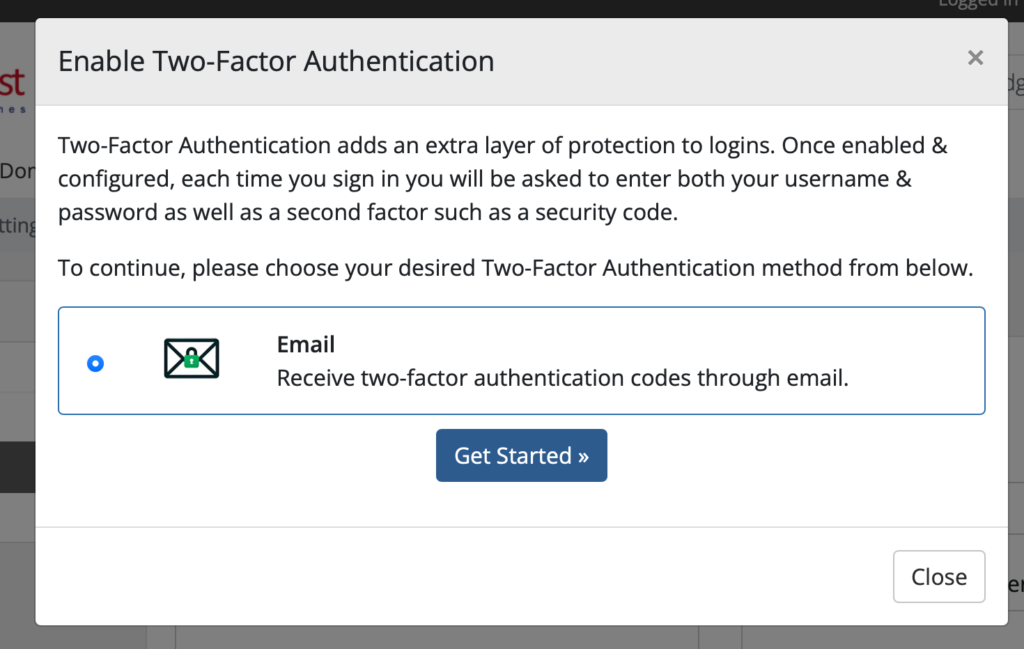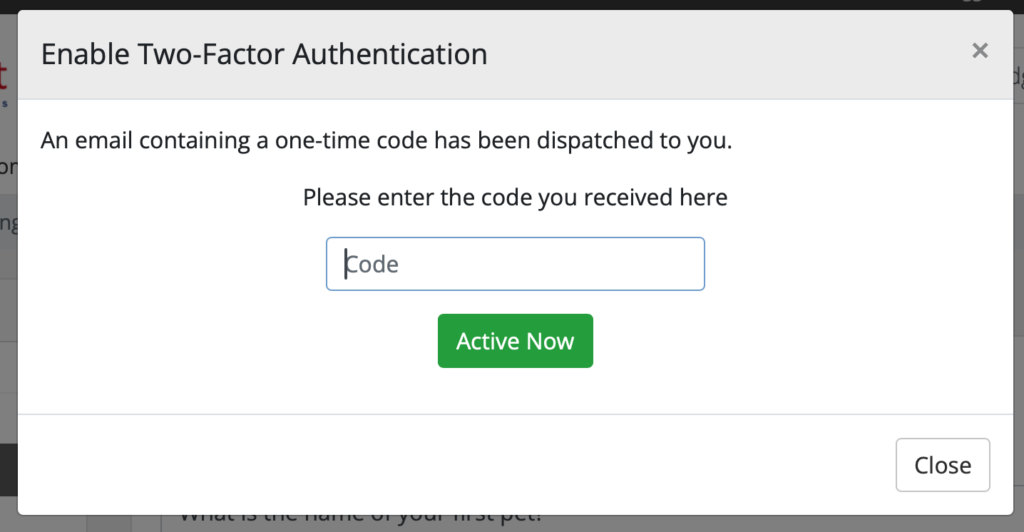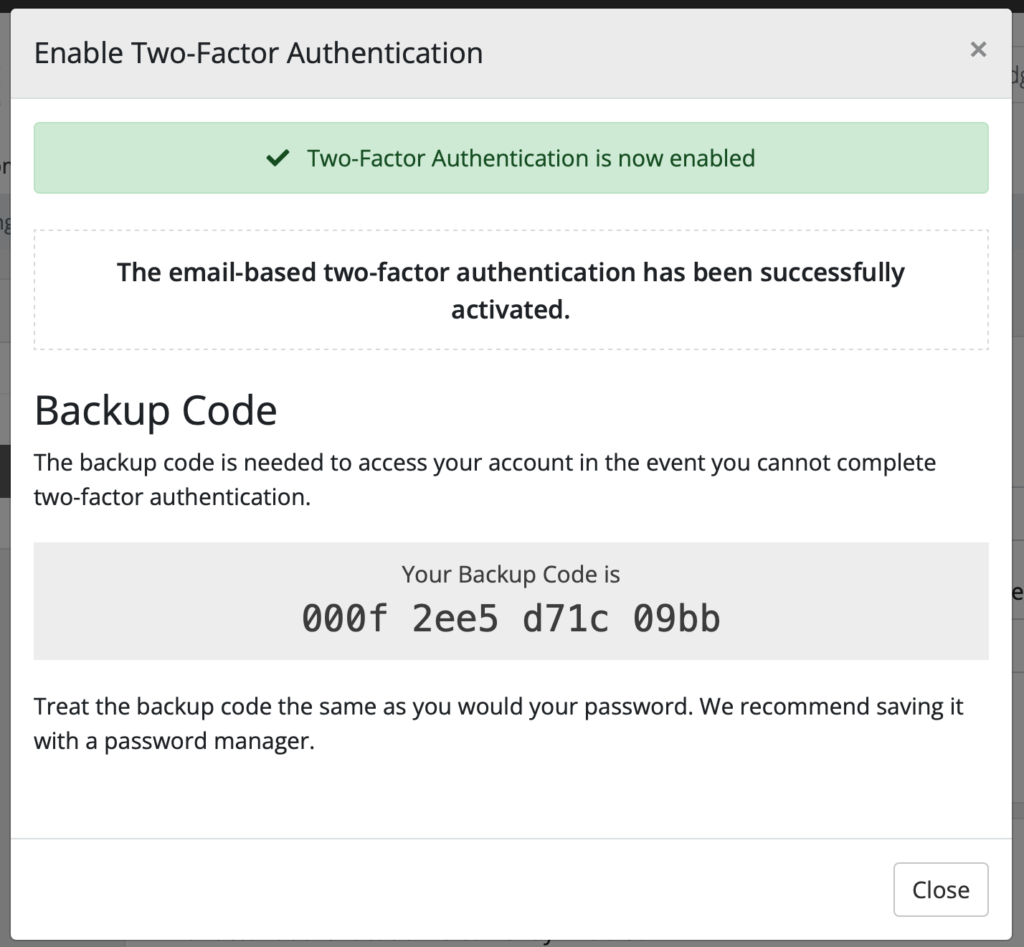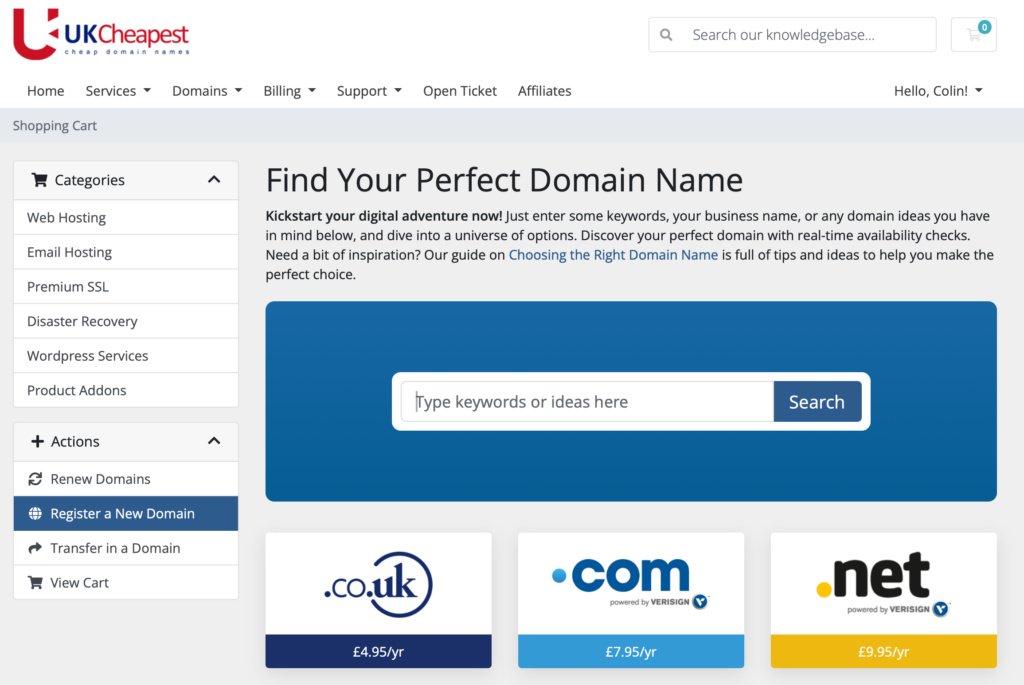How to Switch from Email 2FA to Time-Based (App) 2FA
At UK Cheapest, we recommend using Time-Based Two-Factor Authentication (2FA) for improved security and reliability. While email-based 2FA works well for many users, time-based 2FA (using an app like Google Authenticator or Authy) is generally faster and does not rely on email delivery.
This guide explains how to switch your account from Email 2FA to Time-Based Token 2FA in your Client Area.
Step 1: Log In to Your Client Area
Visit the Client Area at:
https://billing.uk-cheapest.co.uk/clientarea.php
Log in using your usual account credentials.
Step 2: Open Your Security Settings
- Click on your profile name or icon in the top-right corner of the screen
- Select “Security Settings” from the dropdown menu
This page displays your current 2FA setup.
Step 3: Disable Email-Based 2FA
If you currently use email-based 2FA:
- Click “Disable Two-Factor Authentication”
- You may be prompted to enter a code sent to your registered email address
- Once confirmed, 2FA will be disabled for your account
Step 4: Enable Time-Based 2FA
Once 2FA is disabled, you can immediately set up a new method:
- Click “Enable Two-Factor Authentication”
- Choose the option for Time-Based Tokens
- Click “Continue”
Step 5: Scan the QR Code Using Your 2FA App
- Open your 2FA app of choice (such as Google Authenticator, Authy, or Microsoft Authenticator)
- Tap the option to add a new account
- Use your device’s camera to scan the QR code displayed on the screen
- Your app will now generate a 6-digit security code that changes every 30 seconds
Step 6: Confirm and Activate
- Enter the current 6-digit code from your 2FA app into the field in your Client Area
- Click “Activate” or “Confirm”
Your account is now protected with time-based 2FA.
Need to Switch Devices or Reset 2FA?
If you lose access to your 2FA app or change devices, you may need to disable and re-enable 2FA. If you’re unable to log in, contact our support team and we can help reset your 2FA settings.
Still Prefer Email-Based 2FA?
You can re-enable email authentication at any time by repeating the steps above and selecting Email instead of Time-Based Tokens during the setup process.
Get Support
If you have any questions or experience any issues during setup, please submit a support ticket and our team will be happy to help.

